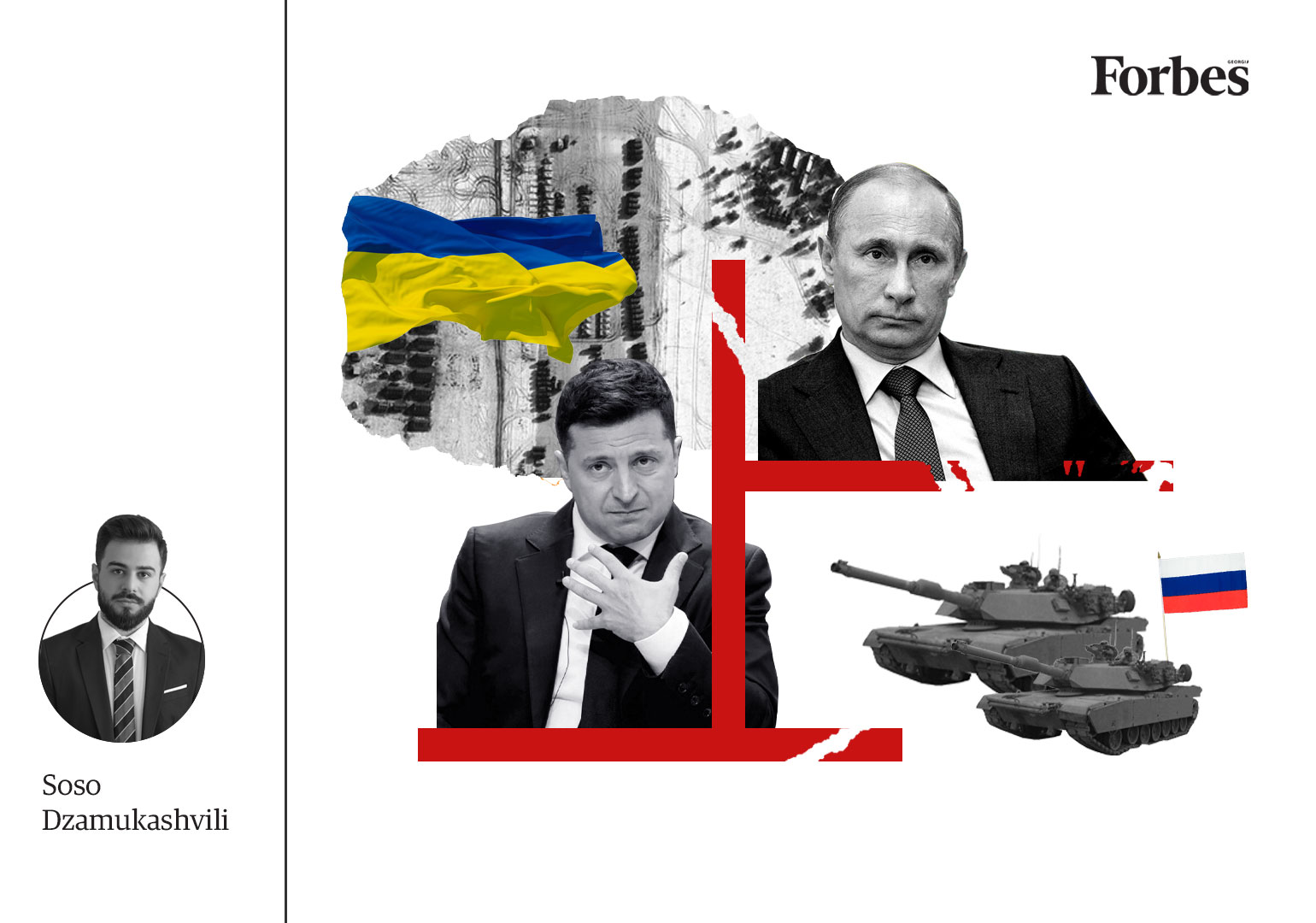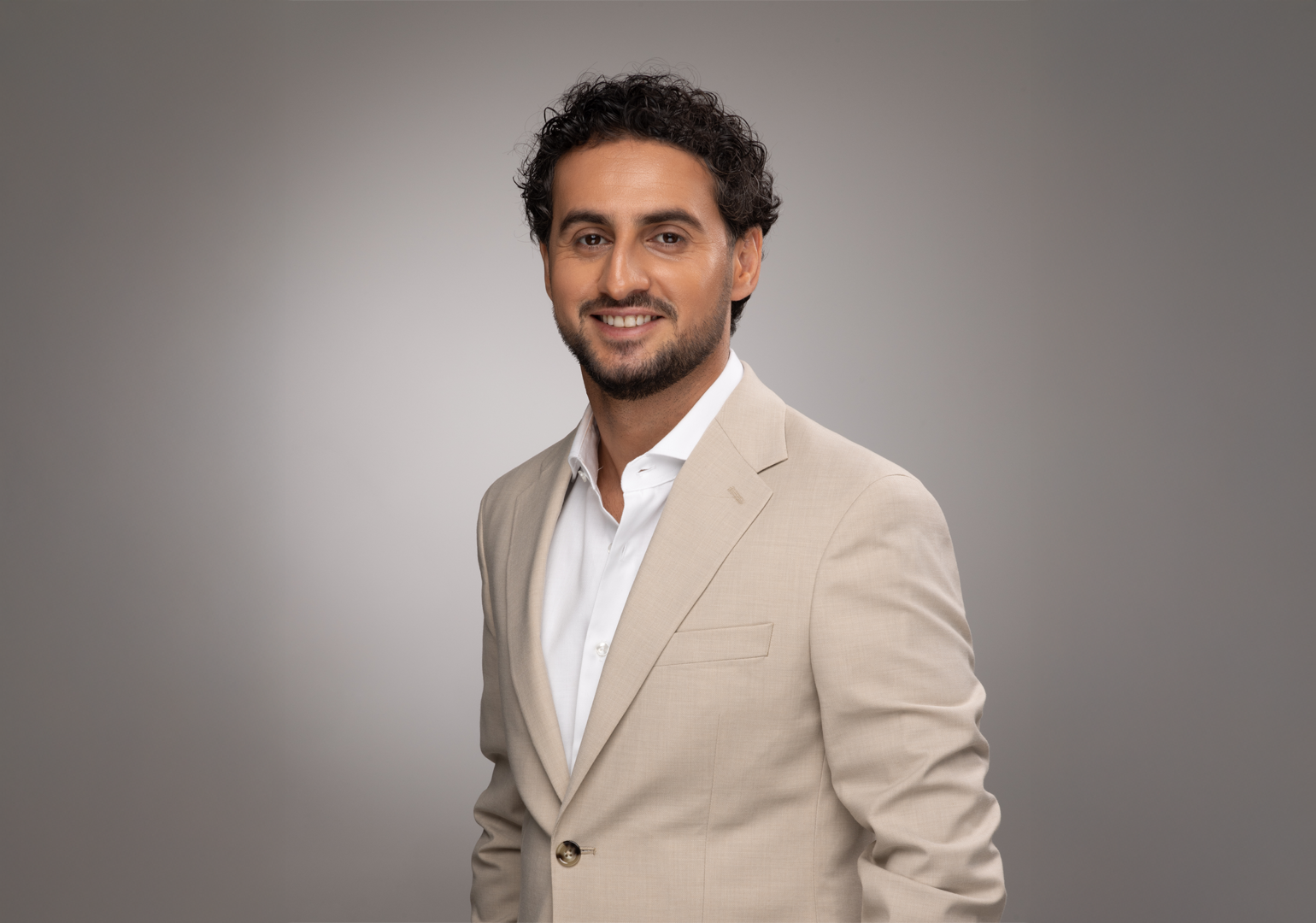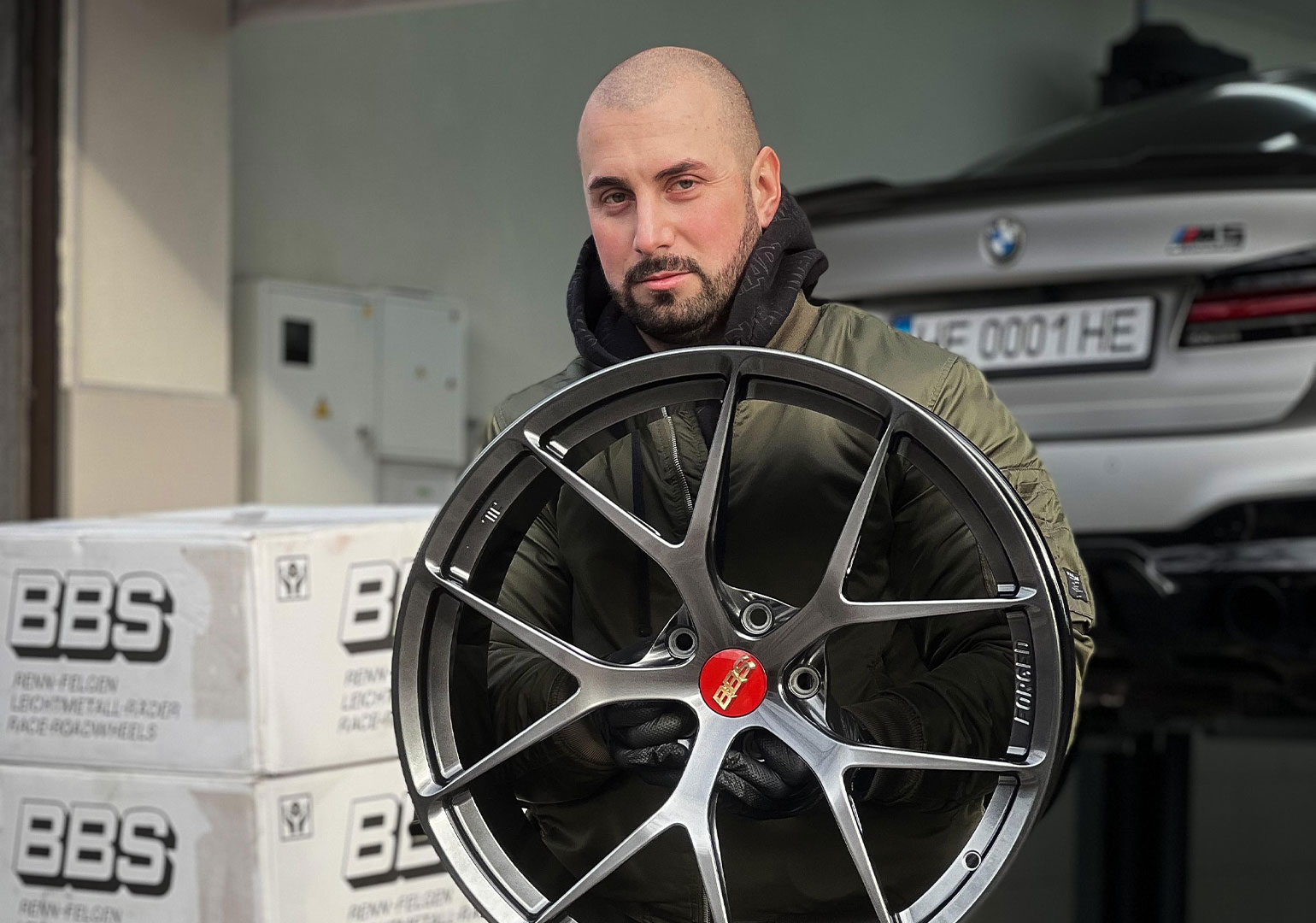Europe is likely to face a war in the upcoming weeks as for over a month after Russia has amassed around 130 000 military personnel near the Ukrainian border. Tensions in the east of Ukraine rose dramatically on February 17 when Russian-backed separatists launched an intense artillery barrage across the line of control with Ukrainian forces. Transatlantic society is alarmed that Russia is looking for a pretext for another incursion, which could put European security, as well as the future of NATO, at stake.
Despite deteriorated relations with Russia, in previous weeks, NATO and the US held several rounds of diplomatic talks to deescalate the possible military conflict. In response, Vladimir Putin unveiled security conditions. He demanded NATO revoke its decision of the 2008 Bucharest Summit on the possible membership of Ukraine and Georgia in the Alliance and to roll back its troop and arms deployments on its eastern flank to the position of 1997. Moreover, the Russian side has reiterated that it has no intention of invading Ukraine. However, the massive military mobilisation in the vicinity of Ukraine has largely contradicted these claims. While a large-scale war may be unleashed soon, it is not entirely clear why it is happening right now. There has not been any particular event that could trigger Moscow to escalate conflict against Ukraine. In contrast, Russia’s 2008 aggression in Georgia followed NATO’s Bucharest Summit where Ukraine and Georgia were promised future membership of the Alliance. Right now, instead of one particular event, there might be several aspects driving Russian aggression in Ukraine.
The ongoing crisis in Ukraine may stem from the shifts that have taken place in Ukrainian domestic politics beginning in 2019 when Volodymyr Zelensky won the presidential election. Even though, newly-elected Zelensky was initially interested in starting a direct dialogue with the Kremlin to return Ukraine’s “lost territories”, he quickly took a hard turn away from pursuing compromises with Moscow. First, Verkhovna Rada (the Ukrainian Parliament) passed a law that declared Ukrainian the only official language in the country, substantially diminishing the status of Russian. Additionally, public attitudes in Ukraine toward the West have shown an upward trend, despite Russia’s active anti-West disinformation campaigns. In 2021, polls of the International Republican Institute (IRI) showed that only 20 per cent of Ukrainians supported Ukraine’s membership in the Russia-led Customs Union, while around 60 per cent of respondents positively assessed Ukraine’s membership in NATO and the EU.
In 2021, Zelensky launched a campaign against alleged pro-Russian individuals. In the spring of the same year, Ukraine’s National Security and Defence Council announced sanctions against pro-Kremlin Ukrainian opposition MP and tycoon Viktor Medvedchuk and several other individuals. Medvedchuk has often stressed his friendship with Putin and has supported separatists in Donbas. The Zelensky administration also banned three Medvedchuk-owned media outlets for “spreading pro-Russian propaganda”.
The tough anti-Kremlin measures of the Zelensky administration eventually shattered Moscow’s hopes of bringing the country back into the Kremlin’s orbit. Meanwhile, the Ukrainian government remained committed to further integration with western institutions. The US and NATO military cooperation with Ukraine also showed a substantial increase, through ever-growing military aid packages, more serious arms provisions, the training of the Ukrainian military, and support to combat Russian cyber threats under the Comprehensive Assistance Package for Ukraine. The West’s continued support for Ukraine was interpreted as a threat to Russia’s security, and the Kremlin started to view the Zelensky administration as a puppet government. Kyiv’s measures to eliminate Russian influence in Ukraine, namely the crackdown on pro-Kremlin individuals, was followed by Russia’s first military buildup at Ukraine’s border in April 2021. In May, at a meeting with permanent members of the Security Council, the Russian President even stood up for Ukrainian politician Viktor Medvedchuk, stating that Moscow “would not give up on him.”
The tough anti-Kremlin measures would have shattered the Kremlin’s hopes of ‘turning’ the country back into the Kremlin orbit. Russian President Putin even penned an article on his concerns about Ukraine – On the Historical Unity of Russians and Ukrainians – where he highlights the presence of “malign, West-linked, anti-Russian forces” in Ukraine that have “exploited the image of the victim of external aggression and Russophobia.
Russia’s interest to control Ukraine is a pivotal part of its foreign policy, which was formed in the 1990s. After the end of the Cold War, the US and its allies designed a new Euro-Atlantic order in which Russia has no stake. On the contrary, former Soviet republics along with former members of the Warsaw Pact in Russia’s neighbourhood soon became part of this structure by gradually joining the EU and NATO. The Kremlin interpreted these developments as “Western encroachment” into its sphere of “special interests” aimed at undermining Russia’s sovereignty. This was combined with a wave of the so-called “colour revolutions” in several former Soviet republics, which threatened Putin’s authoritarian regime as well. Putin’s major goal soon became changing the existing European security order and restoring Russia’s control over the former-Soviet space, which would simultaneously safeguard his grip on the power.
Moscow’s major objective has been accruing the status of great power that would make Russia superior to its neighbours’ strategic aspirations. From Moscow’s viewpoint, any decision concerning Russia’s neighbouring countries should be approved by the Kremlin. Nevertheless, Moscow’s attempts to maintain control over post-Soviet states has ended in failure. Baltic states were “lured” by the EU and NATO after the fall of the Soviet Union, while Ukraine, Moldova and Georgia have long aspired toward membership in both institutions. In order to reverse the process of ‘losing’ the countries from its sphere of influence, Moscow needed to coerce Ukraine and Belarus, whose membership in NATO would mean the loss of buffer zones that still “secure” Russia from the “Western encroachment.” Thus, conceding Ukraine to the West would be a grave strategic error for the Kremlin. Moscow has managed to keep Belarus in the Kremlin’s political orbit by securing Lukashenka’s regime. However, its attempt to keep Ukraine close has been failing for almost a decade. Strikingly, the more Kremlin tried to coerce Ukraine, the further Kyiv positioned itself from Russia.
Moscow’s ambitions to shift European order has long been on the Kremlin’s agenda. Yet Kyiv’s unprecedented drift from Russia under the Zelensky administration could have played a decisive role in Putin’s sudden decision to undertake aggression against Ukraine. By further invading the country or changing its government – the British Defense Ministry has made a statement which suggests that Moscow is “looking to install a pro-Russian leader in Kyiv” – the Kremlin will not only put back the missing pieces of the former Soviet Union together but will manage to leave European security exposed, allowing it to impose its own security order at least in its neighbourhood. Even though the stakes are high due to the growing possibility of tough sanctions from the West, the timing to invade Ukraine is perfect for the Kremlin. Firstly, Europe’s Russia policy remains inconsistent, largely due to Germany’s pragmatic interests towards Moscow. Second, many EU countries remain immensely dependent on Russian natural gas, especially now, in winter. Western allies remain divided largely due to Germany’s reluctance to take a harsh stance against Moscow and support Kyiv. In the meantime, some EU countries remain highly dependent on Russian energy sources, which gives the Kremlin some advantage. As a leader of a declining economy whose influence is destined to diminish in the near future, Putin might be enticed to take this opportunity and act now.
















